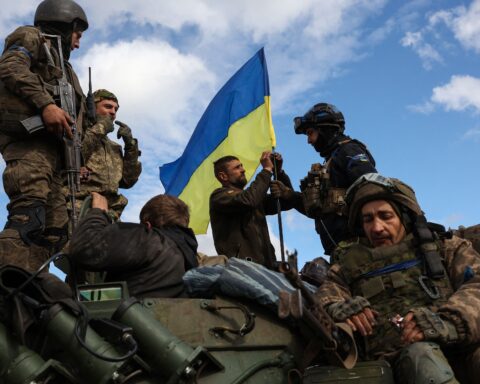Switzerland, long known for its neutrality, has played a pivotal role in international finance — especially during times of conflict. As geopolitical tensions escalate in regions like the Middle East and Eastern Europe, Switzerland’s financial system continues to serve as a discreet and highly structured channel for global capital flows. Despite international scrutiny and evolving sanctions, Swiss banks remain at the heart of wartime financial navigation.
Neutrality Enables Financial Flexibility
Switzerland’s neutrality is not just political — it’s also economic. During war, when other nations impose strict capital controls, asset freezes, or sanctions, Switzerland often positions itself as a middle ground. It rarely takes a leading role in enforcing sanctions unless compelled by United Nations mandates or strong EU pressure. This provides space for capital — including private wealth, commodities financing, and hedge funds — to move through Swiss channels with minimal disruption.
Swiss Banks: Global Vaults of Wealth
Switzerland hosts some of the world’s largest private banks and wealth management firms, including UBS, Credit Suisse (now part of UBS), Julius Baer, and Pictet. These institutions:
- Manage trillions in assets from high-net-worth individuals and sovereign wealth funds.
- Provide discreet private banking services to politically exposed persons (PEPs).
- Offer multi-currency accounts and investment vehicles that help clients hedge against war-driven currency volatility.
During war, these services become crucial to individuals and states seeking to protect or reallocate assets across borders.
Financial Infrastructure and Secrecy Laws
Though Switzerland has made reforms to combat tax evasion and improve transparency, it still offers:
- Strong bank-client confidentiality protections.
- A stable Swiss franc (CHF), seen as a safe-haven currency.
- Global connectivity via the Swiss Interbank Clearing (SIC) system and continued access to SWIFT.
This infrastructure allows for smooth cross-border transactions, even when international trade and banking are disrupted in conflict zones.
Role in Commodities and Gold Trade
Switzerland is a major player in gold refining and trading, with over 60% of the world’s gold transiting through the country. During wars, when currencies become volatile or unreliable, gold becomes a preferred asset. Swiss refineries and banks help convert, store, and move gold — often out of conflict areas and into safer locations.
Swiss firms are also deeply involved in the commodities trading sector, including oil, grain, and metals. These companies often facilitate deals even when direct trade is politically complicated, using Switzerland’s legal and regulatory environment to structure transactions.
Shadow Finance and Legal Loopholes
Despite reforms, Switzerland has occasionally been accused of indirectly facilitating sanctions evasion. Wealthy individuals and state-linked entities from sanctioned countries have historically used shell companies, trusts, and complex financial instruments via Swiss intermediaries. While the Swiss government has cooperated more actively with international investigations in recent years, the legacy of its protective banking laws still influences how money can be moved discreetly during conflict.
Conclusion
Switzerland remains a central hub for international finance during wartime, not because it actively seeks conflict-related business, but because its long-standing neutrality, financial sophistication, and secure infrastructure make it uniquely positioned. Whether managing assets, processing transactions, or offering safe-haven alternatives, Switzerland quietly facilitates the global movement of money when much of the world is consumed by instability.


























